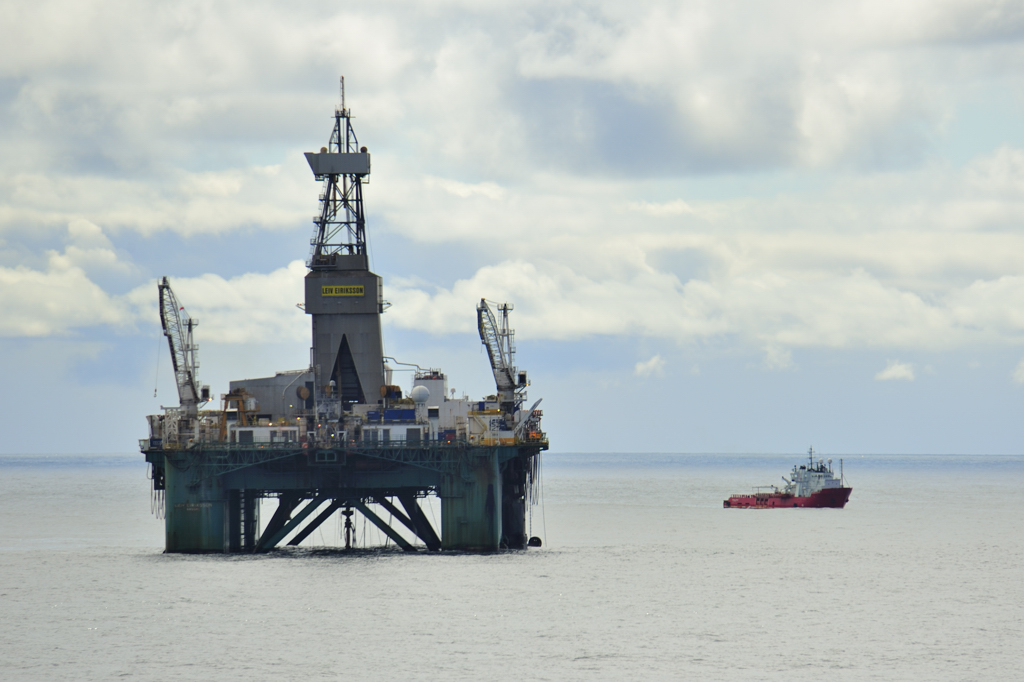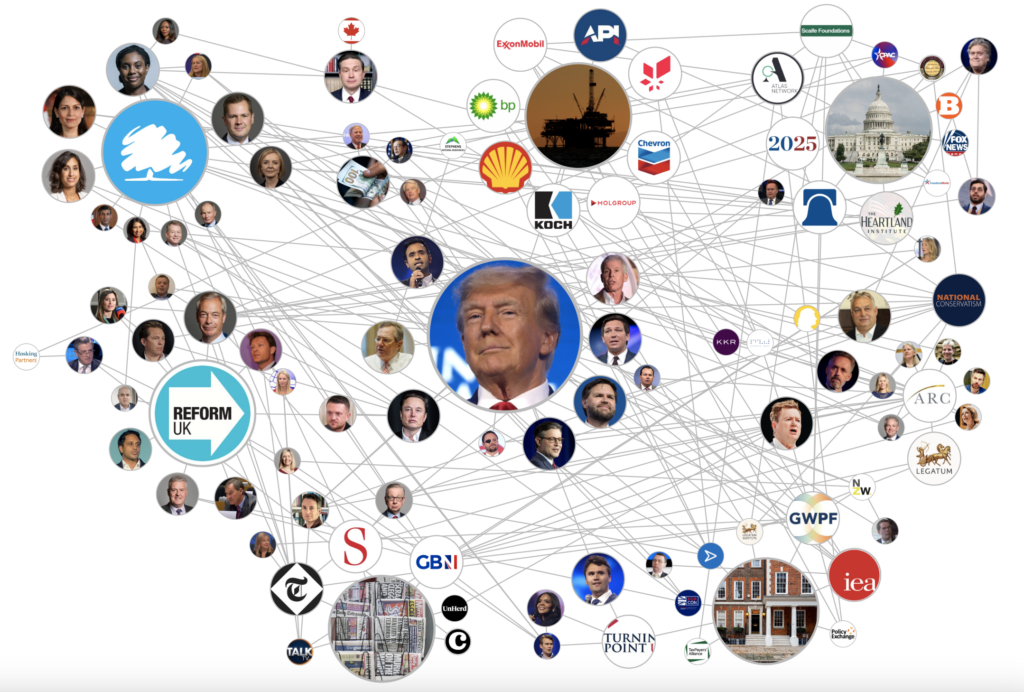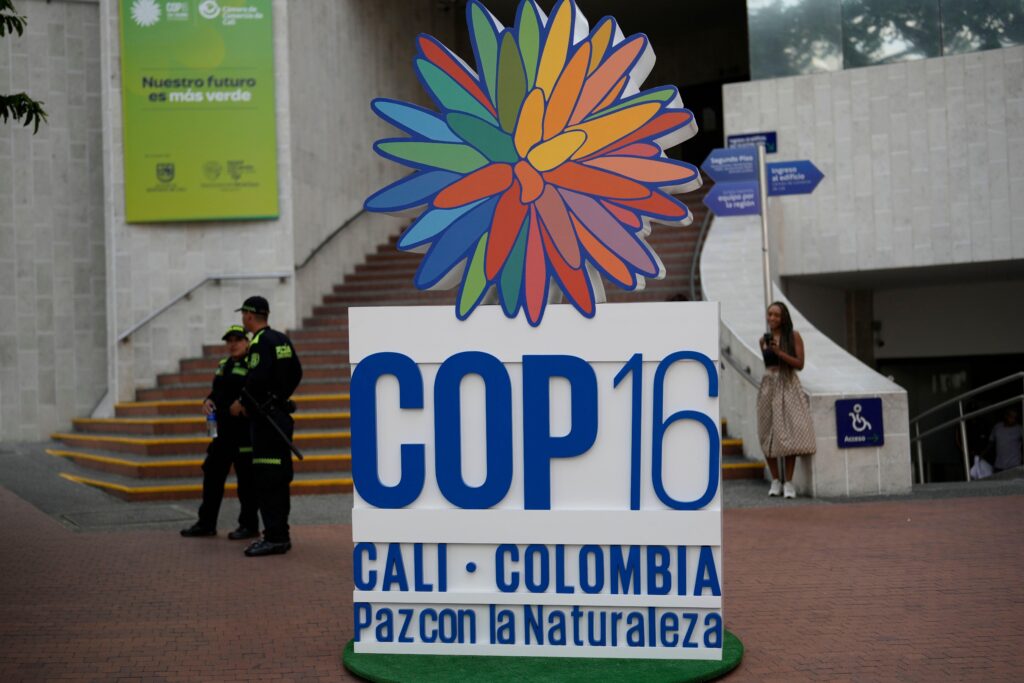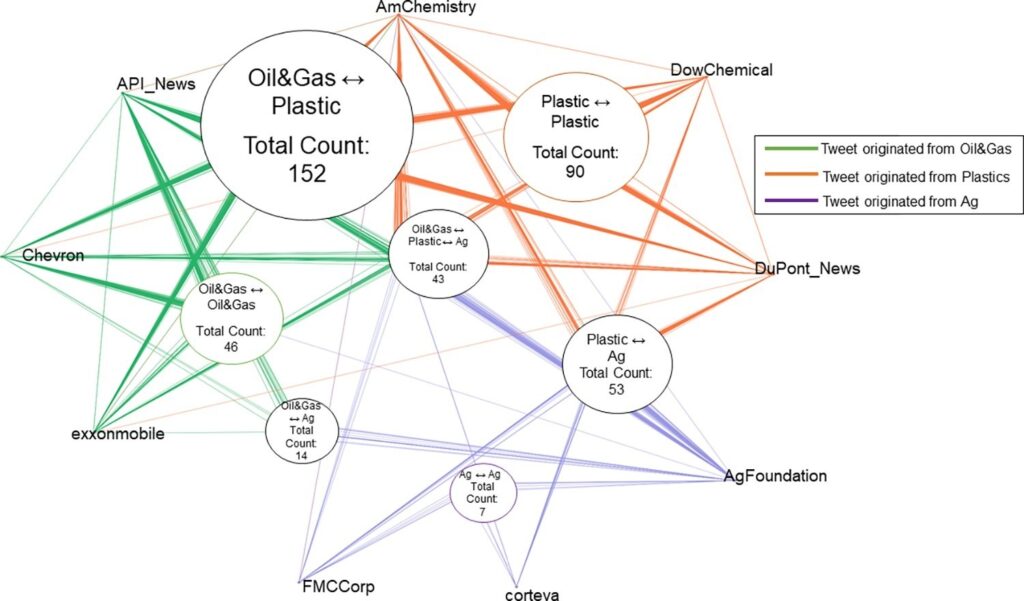Shell has failed to properly assess all options for plugging and abandoning its North Sea wells in the famous Brent oilfield, a group of NGOs has argued.
Eight green groups including WWF, Greenpeace, Friends of the Earth, and the Scottish Wildlife Trust have criticised Shell’s plan to leave parts of its drilling rigs in the North Sea, saying the company has failed to be transparent about its recommendations.
There was a significant “lack of quantitative data” in the proposal, with the plans relying on “subjective qualitative judgements by experts, including Shell’s own engineers,” the groups’ 20-page response said.
The criticism comes at the end of a 60 day public consultation on Shell’s plans to decommission four platforms in the Brent oilfield, located about 136 kilometres east of the Shetland Islands and about 480 kilometers north of Aberdeen.
The NGOs claim Shell has:
- Created a self-imposed “business drivers” criteria to rule out a wide range of decommissioning options before undertaking a full assessment.
- Failed to consider the full range of criteria as laid out in international regulations.
- Relied on expert opinion rather than undertaking quantitative analysis of a full range of decommissioning options.
The Department for Business, Energy and Industrial Strategy (BEIS) told DeSmog UK it will now consider Shell’s proposal alongside the responses before making a decision “in a few months”.
‘Insufficient Information’
The NGOs said Shell failed to provide enough information to meet the basic requirements of existing decommissioning regulations.
They said the poor quality of Shell’s North Sea decommissioning proposals was in “stark contrast” to similar plans submitted in Australia and Papua New Guinea.
International regulations known as OSPAR — named after the Oslo and Paris conventions that created the rules — dictate that the sea floor must be returned to its original state after oil and gas drilling operations, except in exceptional circumstances.
Shell has asked for special consideration to leave various parts of its drilling infrastructure under the sea, however, as it claimed removing it would do more harm than good to the surrounding ecosystems.
The green groups said that a specific regulation, OSPAR 98/3, sets out “very clear criteria and procedures for operators” to follow when asking to be exempted from the rules, which Shell has “not adhered to” in its decommissioning plans.
They criticise Shell for disqualifying a wide range of options based on vague “business drivers”, saying “there is nothing in OSPAR 98/3 that identifies consideration of ‘business drivers’ in the selection of options, and it is not clear exactly what sub-criteria constitute this criterion”.
Clarifying the objection, Simon Walmsley, marine manager at WWF, told DeSmog UK:
“To comply with OSPAR 98/3, they should apply all of the OSPAR criteria, not their own criteria, to all possible options before pre-excluding options in an internal process.”
“Shell have pre-selected what they will assess instead of allowing the assessment to select the options, it should include all criteria for all potential uses and be quantitative and absolute.
“The whole point is that comparative assessment should aid in decision making around options so to completely discard options up front without comparative assessment and using non-transparent non accountable (Shell-driven) methodology defeats the whole object of comparative assessment.”
Shell also failed to properly consider OSPAR’s full decision criteria when selecting the best decommissioning options, according to the NGOs.
Shell wants to leave part of the Alpha platform’s steel jacket in place along with all of the other three platforms’ gravity base structures. It selected those options based on safety, technical and cost criteria, rather than applying the full criteria.
The groups said this is unfair, as Shell is also meant to take environmental impacts and other users into consideration when selecting its recommended options under OSPAR rules.
The groups also objected to Shell using technical constraints as an excuse not to remove parts of the structures, pointing out that technological innovation means the same company can explore ever harder to reach oil and gas resources.
The same expertise should be applied to safely removing its existing oil and gas infrastructure, they argued.
The NGOs also criticised Shell for failing to properly communicate the risks of its recommendations.
They pointed out that an independent panel also came to the conclusion that by failing to consider the full range of options in its decommissioning proposal, Shell gave “the impression of greater confidence in uncertain outcomes than is warranted”.
Unclear Risks, Minimal Benefit
Analysts disagree over whether removing all of the structures is the most environmentally sound option.
Anne-Mette Jorgensen, an independent analyst with Eco-Effective Strategies, previously told DeSmog UK that by removing the structures, companies were interfering with ecosystems that had built up over decades without really understanding the consequences.
Tom Baxter, a senior lecturer in chemical engineering at the University of Aberdeen, told DeSmog UK that it could be better value to leave the structures alone and invest the huge sums earmarked for decommissioning in renewable energy projects.
In 2015, UK taxpayers gave big oil companies around £500 million in tax breaks, according to government data. Much of the handout came from subsidies to decommission ageing infrastructure, which is only going to increase as oilfields mature.
And companies are spending the subsidies on decommissioning their infrastructure abroad, rather than in UK docks, social and ecological justice campaigners Platform pointed out.
Sarah Shoraka, campaigner for Platform London, told DeSmog UK:
“We could use the process of decommissioning to build a truly just transition. But instead, it looks like the UK public will pay out over £50 billion to clean up the mess left behind by the oil industry and protect their profit margins.”
“Neither London nor Edinburgh governments have an industrial strategy in place to ensure rigs are dismantled in UK docks. Instead, we’re providing the funding for more forward-looking industrial strategies in Norway and Turkey.”
Shell told DeSmog UK it “welcomes the feedback, which has been received from stakeholders and members of the public during the 60-day public consultation period for the Brent field.“ It said it will “continue to review and respond to the comments received” in “the coming weeks”.
BEIS said it would not be making the responses to the consultation public until it had come to a decision. It said the responses may be published in full, or as part of a summary to the government’s decision.
Main image credit: Ulrich Latzenhofer via Wikimedia Commons CC 2.0
Subscribe to our newsletter
Stay up to date with DeSmog news and alerts







